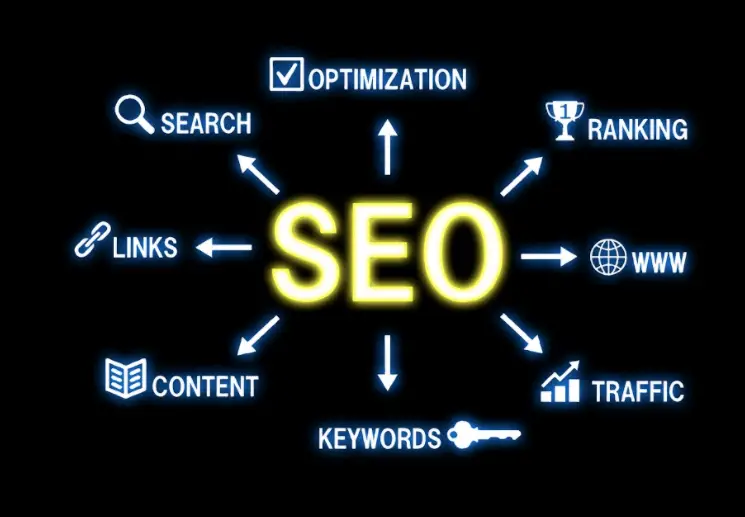The power of search engine optimization (SEO) must not be underestimated. No matter how beautiful your website is or how perfect your marketing strategies are, a website embedded in the deepest portion of search engines is unseen, unnoticed, and good as dead.
As early as possible, develop your SEO tactics to benefit from rich organic (unpaid) traffic, more leads, faster conversion, and sales boost. Below, learn some expert tips to help you develop and maintain effective SEO tactics for your website.

Consider Small Business Blogging
Small businesses can benefit from blogging, which is one of the SEO trends to look out this year. Strategic blogging generates more sales because of the genuine value that articles bring to readers. This works because SEO provides a good opportunity for website owners to answer queries with confidence and expertise.
When it comes to coming up with a blog topic, it’s crucial to let search engines know that your content matches the title and subheadings of your article, as well as the user’s intent. This way, search engines will notice your content and rank your website well. Most of all, your visitors will likely stay on your website because they find your content relevant to their queries.
Decide On The Type Of SEO You Need To Focus On
When creating an SEO strategy, you have to remember that you’re building a highly specialized content strategy. SEO can be overwhelming and there are many myths and misconceptions when it comes to its proper implementation. So, you shouldn’t lose focus.
If you want your website to show up high in search engines and earn more unpaid traffic, you have to decide on what type of SEO you need to focus working on first. These could be:
- On-Page SEO: As the term implies, on-page SEO concentrates on the content seen on the web page. Optimizing the content can help boost your website’s ranking in search engines for specific keywords, along with effective keyword placement and density.
- Off-Page SEO: It focuses on link building or earning backlinks from publishers and authority websites to make your website look credible in the eyes of your target audience and search engines.
- Technical SEO: The technical aspects of SEO involve focusing on the architecture of a website. Working on the backend involves coding, which is as relevant as the web content.
Know Your Main Website Goals
It’s easy to say that SEO focuses on increasing ranking and traffic. However, your main website goal must be deeper. Your marketing efforts are meaningless if you fail to set the right goals.
Because businesses don’t optimize their websites the same way, there’s no single formula for an effective SEO strategy. No two businesses can implement the same optimization process.
Here are some of the common website goals and the key objectives in order to attain each goal:
- Increase Sales: If you want to generate more sales, your objectives must include search engine optimization, increase conversion rate, as well as to achieve a user-friendly site, well-organized content, and effective calls-to-action.
- Become An Authority In Your Niche: If you want to position your company as an authority or industry leader, you have to ensure that your website is an excellent resource for your target audience by providing good quality content.
- Improve Customer Interaction: If your goal is to improve your interaction with potential and existing customers, your objectives must include implementing an effective e-mail marketing strategy, setting up online or live chart support, and SEO-optimized content.

Build And Implement Your SEO Process
After creating your SEO plan, it is time to build and implement your SEO process. This can help direct your target audience to your company quickly.
Here’s how you can build and implement your SEO process:
- Optimize Your Content: Each month, dedicate a time to update your old blog articles. If you want to consistently rank in search engine results pages (SERPs), you have to add new posts and update your website information every month.
- Change Keywords And Create A New Search Intent: It’s important to track your blog posts after a few months to determine the keywords your website is ranking for. This way, you can adjust subheadings and texts to align with the new keyword ranking.
- Add Higher Editorial Value To Old Content: Make sure to update outdated information and stats. You can add new sections, quotes, and other information for your website to gain more traffic.
Conclusion
As you can see, developing and maintaining a good SEO strategy can be accomplished by choosing the best type of SEO to focus on, knowing your website goal, and building and implementing an effective SEO process. Also, you might want to consider small business blogging, if you’re still starting to kickstart your SEO journey, and learn from the experience.






Add Comment